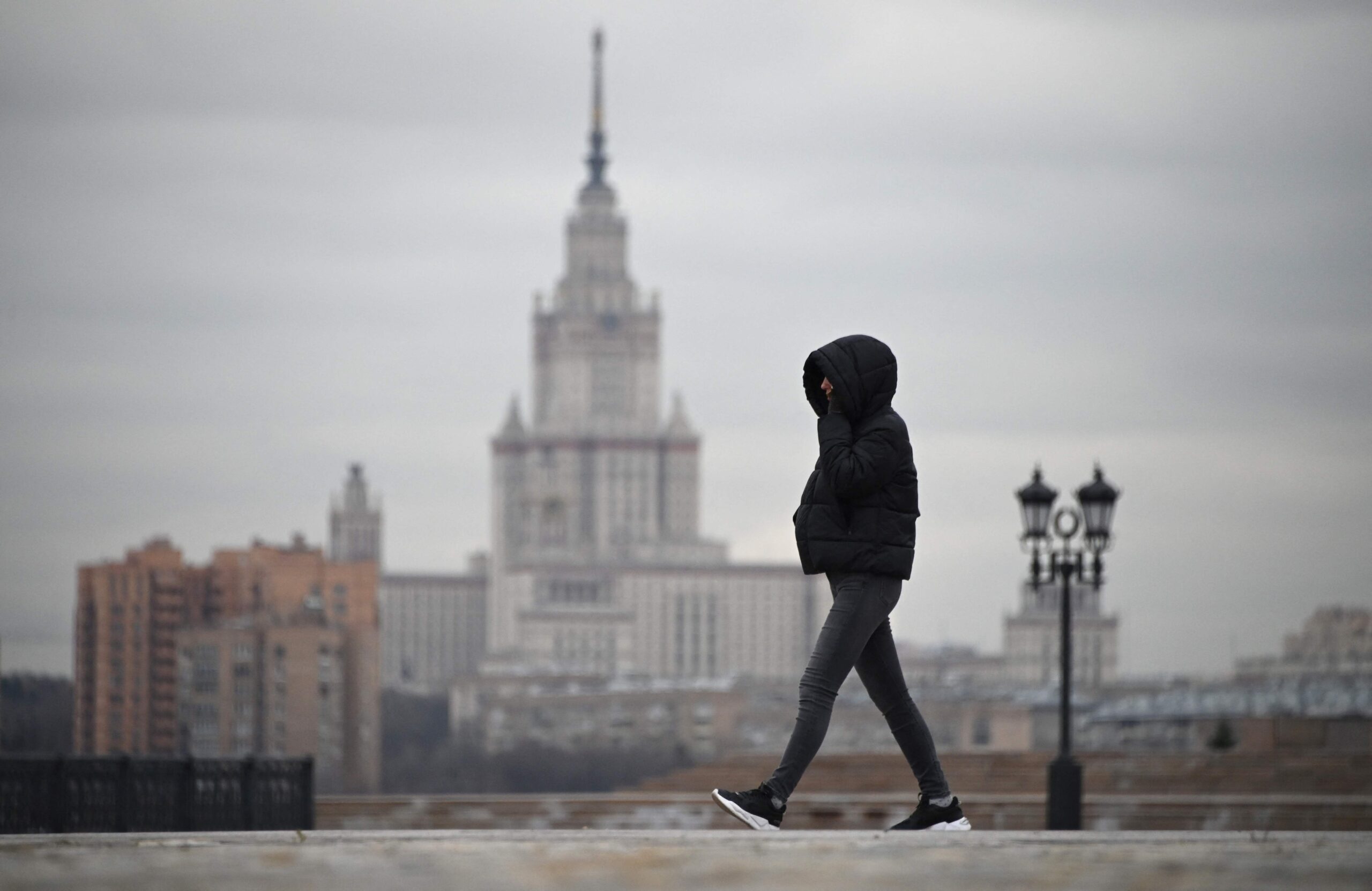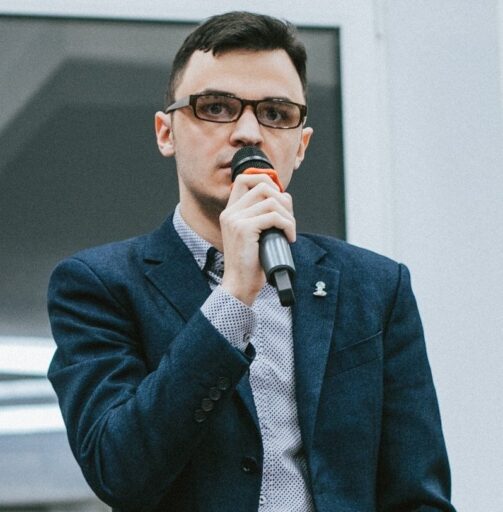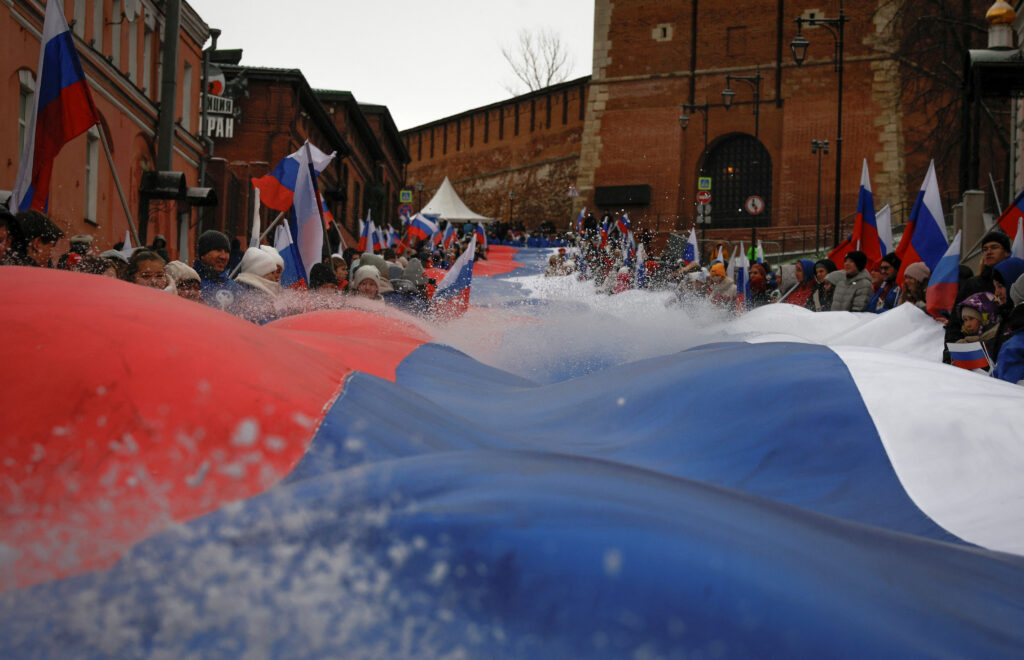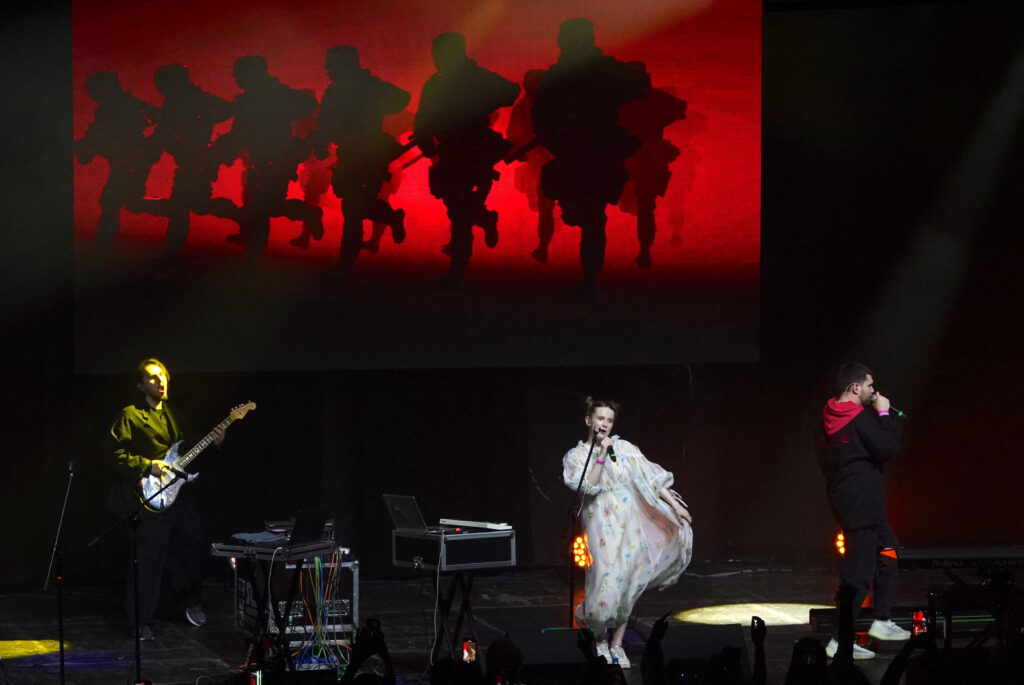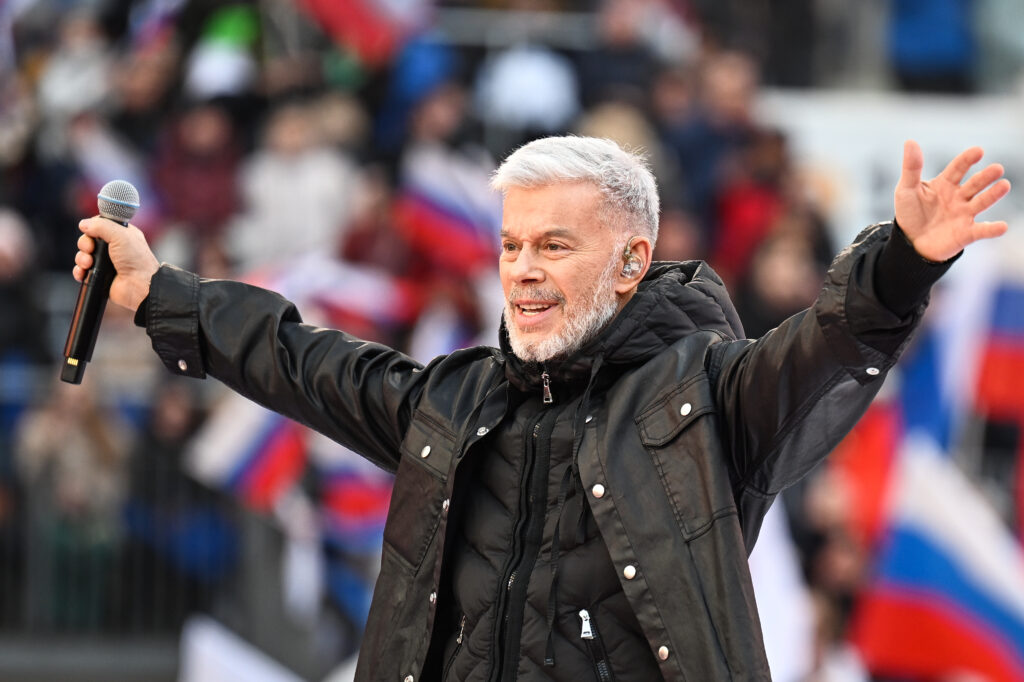Russia’s higher education system is at an intermediate stage between a market-driven and centrally planned system. The Soviet legacy still survives in the form of government subsidies, representing a large proportion of university budgets. Every year, the Ministry of Science and Higher Education determines how many programmers, engineers, sociologists, designers and other specialists will be ‘ordered’, and then distributes funding among public universities. As in Soviet times, the amount of funding received continues to reflect the success of universities.
The new reality that emerged in mid-2000s was built around university-based research, i.e. the production of articles, patents and grant applications. In the USSR, science and research was the mission pursued by the Academy of Sciences as well as R&D institutes whereas universities, with few exceptions, focused exclusively on teaching. After the collapse of the USSR, Russian universities began to compete with the world’s institutions of tertiary education, and were tasked with becoming included in various rankings (QS, Times Higher Education, etc.), where indicators are primarily based on the research function of universities. Therefore, Russian universities were confronted with the need to develop research or, more precisely, to accumulate scientometric indicators, which are a formal way of assessing research performance (the number of papers published in peer-reviewed journals, citations, patents, and major research projects).
In order to achieve the required indicators, federal funding programmes, updated once every three to five years, were established: the National Research Universities, the Core Universities, the ‘5−100′ programme and others. Within each of these programmes, funds were allocated to selected universities with the permission to use them for almost any purpose, as long as they stay focused on meeting the KPIs set by the commissions in the area of publications, patents, successful grant applications, international partners attracted and cooperation with the real sector of the economy.
Participation in federal projects offered more significant advantages beyond purely financial benefits: universities were consolidated at the expense of smaller schools, programme participants had direct access to the international market of specialists, and the visibility of universities in the federal news agenda increased. A ‘quality mark’ was added by the Ministry to all these efforts: a university that was included in a funding programme was trusted by the government. This boosted the appeal of those institutions for potential candidates.
Institutions which obtained a ‘special status’ were highly likely to achieve the right to develop their own educational standards. This enabled universities to circumvent ministerial benchmarks, often lagging behind the state-of-the-art science and educational technology, and to develop quality teaching programmes and competitive curricula. The latter is a significant advantage that has enabled institutions such as the Higher School of Economics in Moscow to become Russia’s leading universities.
Within each funding programme, the participating universities are ranked into quartiles based on their performance. The sums of funds received depend on the rank on the list. Importantly, no transparent criteria have been formulated, and the decision is made by the governing boards or commissions of the programme. In other words, universities compete not so much against one another as for the attention of the people who allocate grants. This has given rise to a quasi-market where universities find themselves in a game of lobbying and falsification rather than genuine development. Research has shown that the achievements of each of the aforementioned programmes could have been multiplied if a different fund distribution mechanism had been used.
While universities may not know the success criteria they are supposed to meet, they do know the decision-makers. In this situation, an obvious strategy is to focus on activities that fall within the personal interests or sympathies of expert board members. Moreover, since verification is carried out annually, the most popular steps are those that can bring a gain ‘here and now’: construction of new buildings, recruitment of ‘celebrity professors’, falsification of publications, etc.
Thus, the practice of manual steering in the allocation of funds has compromised the efficiency of programmes and deprived universities of opportunities for additional growth.
Funding disparities
The year 2021 began with the expected and much covered news of the merger of the grant funds managed by the Russian Science Foundation (RNF) and the Russian Foundation for Basic Research (RFBR), which had previously distributed public research contracts. The RNF had a much greater pool of financial resources, which is why it allocated substantially larger research grants but also increased the formal requirements for applicants. Grant-allocating foundations in Russia are held accountable on the basis of publications under supported projects, which means it was safer for foundations to support applications from teams that had published more articles. Given the peculiarities of scientometrics, natural sciences show better performance than the humanities.
As a result of fairly unplanned effort, the RFFI gave more support to social sciences and humanities whereas the RFF supported the natural sciences (research in chemistry or physics requires equipment and reagents, while the socio-humanities sector needs perhaps only funding for expeditions). In addition, the RFFI had been previously merged with the RGNF, a foundation oriented exclusively towards humanities. The entry threshold in RFFI grant competitions was less strict: team leaders were not required to hold an academic degree, and the number of required publications was much lower. This is why RFFI was more open for applications from young researchers: for them, the first grant was not just about money, but also about legitimising themselves in the academia. This was certainly not the most effective mechanism (in the years of its existence, this foundation supported a fairly high percentage of applications from ‘predatory’ teams, i.e. ones that built up publications solely to win new grants: they would publish in junk journals, use multiple co-authors, etc.), but it supported research that could count on virtually no support from the RNF.
The potential merger of the two foundations had long been talked about. It was expected that since the RNF had achieved higher scientometric indicators than the RFFI, Russian science and research would benefit more if the former were to manage a larger budget. However, as the results of the 2021 grant competitions revealed, the merger had a critical impact on teams in social sciences and humanities: the number of approved applications in these disciplines was ten times lower than in natural sciences. Moreover, according to the criteria used by the merged grant committee, a young scholar is now an established academic with publications rather than a researcher who is taking the first steps into the world of research. Unless a reasonable programme of support for social sciences and humanities and young scholars is developed, Russian academia risks an increased outflow of specialists in the future.
Many of the changes introduced in 2021 have destabilised the current situation for universities in one way or another. Nevertheless, the new Priority 2030 programme, tasked with the same mission as its predecessors, aspires to assist the development of key regional universities while maintaining a research focus. There are now two separate competitions: one for research universities and one for educational institutions in the regions. On the one hand, this is a clear step towards decentralisation of academia but, on the other, the criteria for the regional competition are extremely blurred and are likely to be determined manually.
Anyone can get hit
One of the main political consequences of 2021 is the conviction of Azat Miftakhov, a doctoral student from the Department of Mechanics and Mathematics, Moscow State University. On 18 January 2021, Miftakhov was found guilty of attacking the United Russia office and sentenced to six years of imprisonment in a general-regime penal colony. Miftakhov’s imprisonment has created a risk that Russia will not be able to host the International Congress of Mathematicians (ICM) in 2022, an opportunity the country has fought long to win. In mathematics, ICM is equivalent to the Nobel Prize ceremony or the final game in a chess championship. Many important scholars are signing letters to support Miftakhov and refuse to participate in the ICM 2022 until he is released. Instead of a significant scientific achievement, i.e. the privilege of hosting the ICM, Russia risks being isolated also in mathematics. The window of opportunity for peaceful resolution has not yet fully closed, but it is shrinking.
The year 2021 was also marked by arrests and expulsions of students involved in protests. One of the most publicised stories was the criminal case instigated against four editors of DOXA, an independent student magazine. The proceedings are still pending and the journalists are under a ‘ban on undertaking certain activities’. The case was initiated following a video posted on DOXA’s YouTube channel in the run-up to an action in support of Alexei Navalny. In the video, Alla Gutnikova, Armen Aramyan, Vladimir Metelkin and Natasha Tyshkevich appealed to administrations of schools and universities to stop intimidation of students.
One significant trend has been the reluctance of universities to support their students who have been punished for participating in demonstrations. While many universities were willing to provide lawyers and other support tools in such a situation a few years ago, in 2021, in contrast, universities have been trying to expel or fire students or staff members who were seen protesting.
The summer of 2021 saw the beginning of a ‘carousel of rectors’ which still continues today. Among the replaced leaders are the rectors of the National Nuclear Research University, Bauman Moscow State Technical University, Higher School of Economics, Far Eastern Federal University, Herzen State Pedagogical University of Russia, Institute of Philosophy of the Russian Academy of Sciences, and the Financial University affiliated at the Government of the Russian Federation. The heads of the Moscow School of Social and Economic Sciences, Kazan Federal University and Samara State University of Economics are under investigation.
Of these, three cases are the most illustrative ones, namely the Higher School of Economics, Moscow School of Social and Economic Sciences (known as Shaninka) and the Institute of Philosophy of the Russian Academy of Sciences.
Last year, Yaroslav Kuzminov left the position of rector at the Higher School of Economics. Many believe that this move was politically driven. The consequences of the change of rector are extremely difficult to predict, given that Kuzminov enjoyed a unique authority that allowed the HSE to circumvent many formal requirements constraining the growth of quality at the school. Kuzminov was succeeded as rector by Nikita Anisimov, the now former rector of the Far Eastern Federal University, who had worked in a very different structure from that of the HSE. Judging by the significant personnel shifts, the instability within the educational process and the alarmed atmosphere among faculty and students, the HSE is undergoing a profound restructuring. It is difficult to guess where this will eventually lead, but the university is facing a difficult period of turbulence in the near future. It is also obvious that the administrative system at the HSE is incapable of operating efficiently without its head because it is being fully restructured in terms of values, management logic and even day-to-day practices. The case of the HSE demonstrates that with the departure of a person who served as the hinge of all processes and was not underpinned by a powerful bureaucratic machine based on the delegation of authority, the system cannot exist without being restructured and is running a risk of serious damage.
The second case is that of Sergei Zuev, rector of the Moscow Higher School of Social and Economic Science, who is under arrest. The charges are built around public procurement contracts that were performed by the school. His case has caused widespread outcry within the academic community. Zuev is kept in administrative detention despite his deteriorating health and a history of heart surgeries. Charges have not yet been brought officially and the case file is still being assembled. It is unclear how this situation will be resolved, but it is important to note that this is the first major case in the education sector constructed around public procurement contracts. The problem is that many tertiary education institutions depend on such contracts. After the introduction of legislation on ‘foreign agents’ and ‘undesirable organisations’, opportunities for cooperation with international and non-governmental organisations have been shrinking. Under these conditions, public procurement contracts and orders are becoming the only sources of funding except for research grants and tuition fees. The consequences of the Shaninka case are that universities are becoming increasingly wary of working with the government in this sphere as well.
The third story has a fairly positive ring to it. In December, the Ministry of Science and Higher Education did not approve Andrei Smirnov as Acting Director of the Institute of Philosophy (IP) of the Russian Academy of Sciences, proposing Anatoly Chernyaev instead. The IP staff were dissatisfied with this decision. The situation was resolved when the Ministry appointed former head Abdusalam Guseynov as the Director of the IP RAS. This was one of the most important victories for the IP staff and the academic community in 2021.
Faltering hopes for the future
The year 2021 has almost completely reshaped higher education in Russia. The funding structure has changed, shaking many values and authority figures that seemed immutable, and devaluing them in a matter of days. Researchers point out that the best thing that could happen to the academic world would be to have stable rules of the game for at least ten years. In reality, universities barely manage to adapt to the previous rules when the system begins to take a rapid turn, forcing them to devote time and effort to adjust to the new situation.
2022 began with the discussion of a secondary act to the Law on Educational Activities, which requires that all contacts with foreign organisations at the level of schools, colleges or universities must be approved by either the Ministry of Science and Higher Education or by the Ministry of Education. Many members of the academic community have responded negatively to this new regulation, expecting that it would complicate potential international contacts between Russian and global research and science. Most likely, this legal regulation, if eventually adopted, will begin to fulfil the same role as the previous rules governing contacts with foreigners: it will add to the bureaucratic burden already faced by university staff and will become another ‘Chekhov’s gun’ which will fire at a particular time against a particular university.
